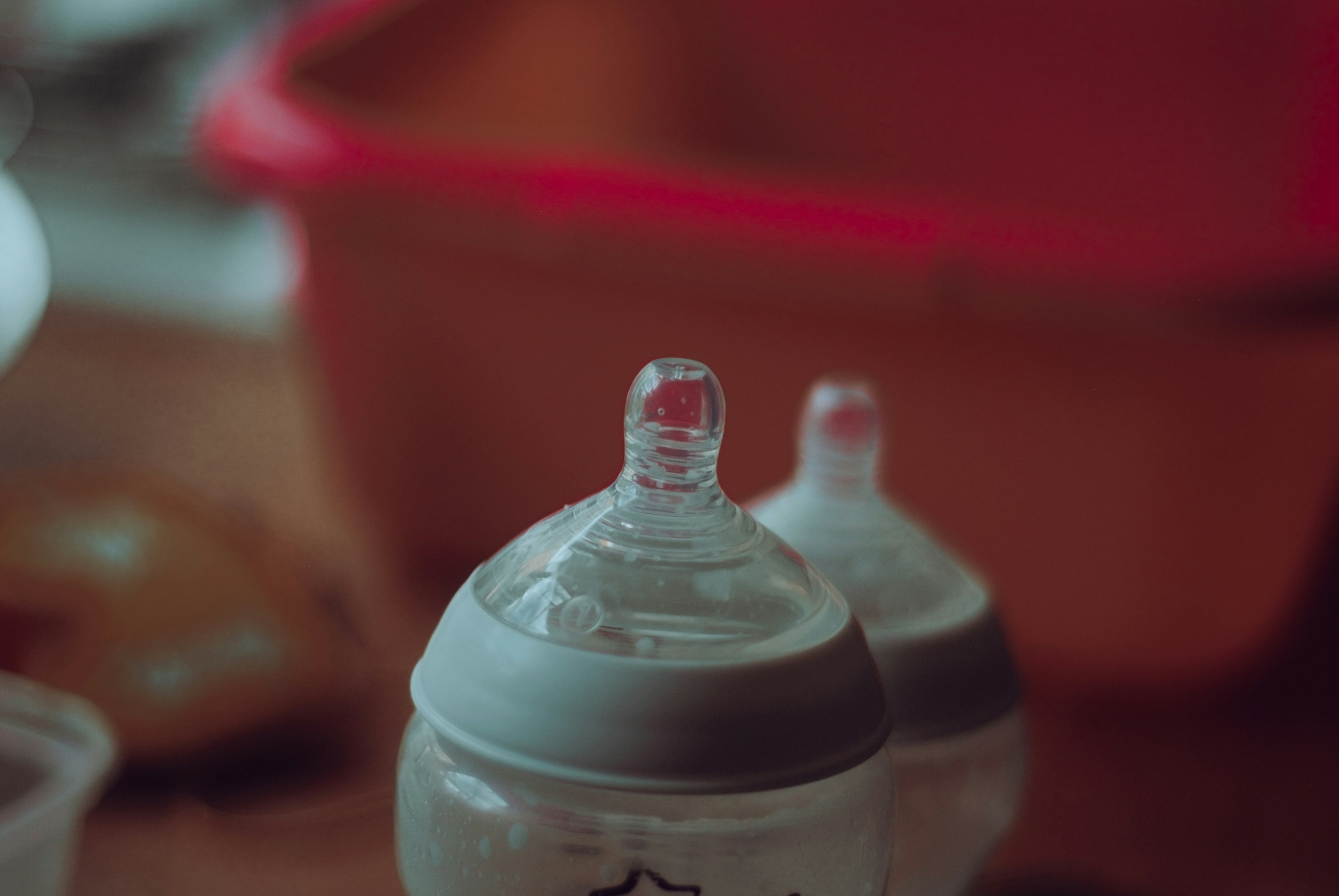News release
From:
Bottle feeding toddlers to sleep linked to dental decay and excess weight
New Australian research strengthens evidence against bottle feeding in bed
Parents and carers should avoid using a bottle to put toddlers to sleep, say experts, after new research reveals the practice is linked to dental cavities and overweight in early childhood.
The research, published today in the Australian and New Zealand Journal of Public Health, was led by the University of Sydney, using data from over 700 toddlers involved in Western Sydney University’s Healthy Smiles Healthy Kids (HSHK) study – a cohort study that followed children from birth.
Researchers analysed the results of a survey of mothers, as well as dental checks and body measurements and considered other factors that could influence dental hygiene and weight.
The authors found that:
-More than 30 percent of children were still bottle fed to sleep at two years old;
-Children who were bottle fed to sleep at two years old were almost twice as likely to have overweight in early childhood;
-Children who were bottle fed to sleep at three years old had nearly twice as many teeth affected by tooth decay in early childhood.
University of Sydney lead author, and PhD candidate in the Susan Wakil School of Nursing and Midwifery, Heilok Cheng, says that parents and carers want to do the right thing but may not be aware of the health risks of bottle feeding before naps and at bedtime.
“Australian recommendations advise parents to start introducing cups at 6 months of age and stop using baby bottles at 12 months. Bottle feeding in bed is not recommended at any age. Our research now provides a much more robust evidence base for that advice.
“Common toddler drinks, including cow’s milk and formula, often contain either natural or added sugars, increasing the risk of tooth decay. When a bottle is offered at bedtime it’s often being used by carers to calm an unsettled child or encourage the child to drift off to sleep. Because the bottle isn’t being offered in response to hunger, it can lead to overfeeding, putting children at risk of unhealthy weight gain.
“We need to do more to support families and help them avoid getting into the habit of putting a child or baby to bed with a bottle, so that our future generations are set up with a healthy future from the start.”
Public health experts say the findings offer a timely reminder of why governments should take comprehensive action to help reduce childhood obesity, as well as the potential benefits of introducing universal dental care.
Adjunct Professor Terry Slevin, CEO, Public Health Association of Australia says the study adds to the evidence outlining the big public health challenges Australia is facing.
“Recently obesity has overtaken tobacco as Australia’s biggest cause of preventable disease burden. Around one in four Australian children have overweight and obesity in this country is a slow-moving public health crisis.
“We need the next Federal Government to take comprehensive action to help all Australians maintain a healthy weight. This includes better regulation of toddler food labels and formula marketing to help parents make informed choices.
“With many children at risk of dental cavities, we are also asking the next Government to include dental care in Medicare – so that all Australians, no matter their background, can all afford a healthy smile. It’s important that all children can see a dentist early to identify and treat tooth decay as soon as possible, before it gets worse.”
The Healthy Smiles Healthy Kids (HSHK) Cohort study is led by Associate Professor Amit Arora from Western Sydney University in collaboration with Sydney Local Health District, South Western Sydney Local Health District, University of Sydney, University of Queensland, University of Technology Sydney, and Curtin University.
The HSHK study is funded by the Australian National Health and Medical Research Council, NSW Health, Australian Dental Research Foundation, and Oral Health Foundation.



 Australia; NSW; QLD; WA
Australia; NSW; QLD; WA



